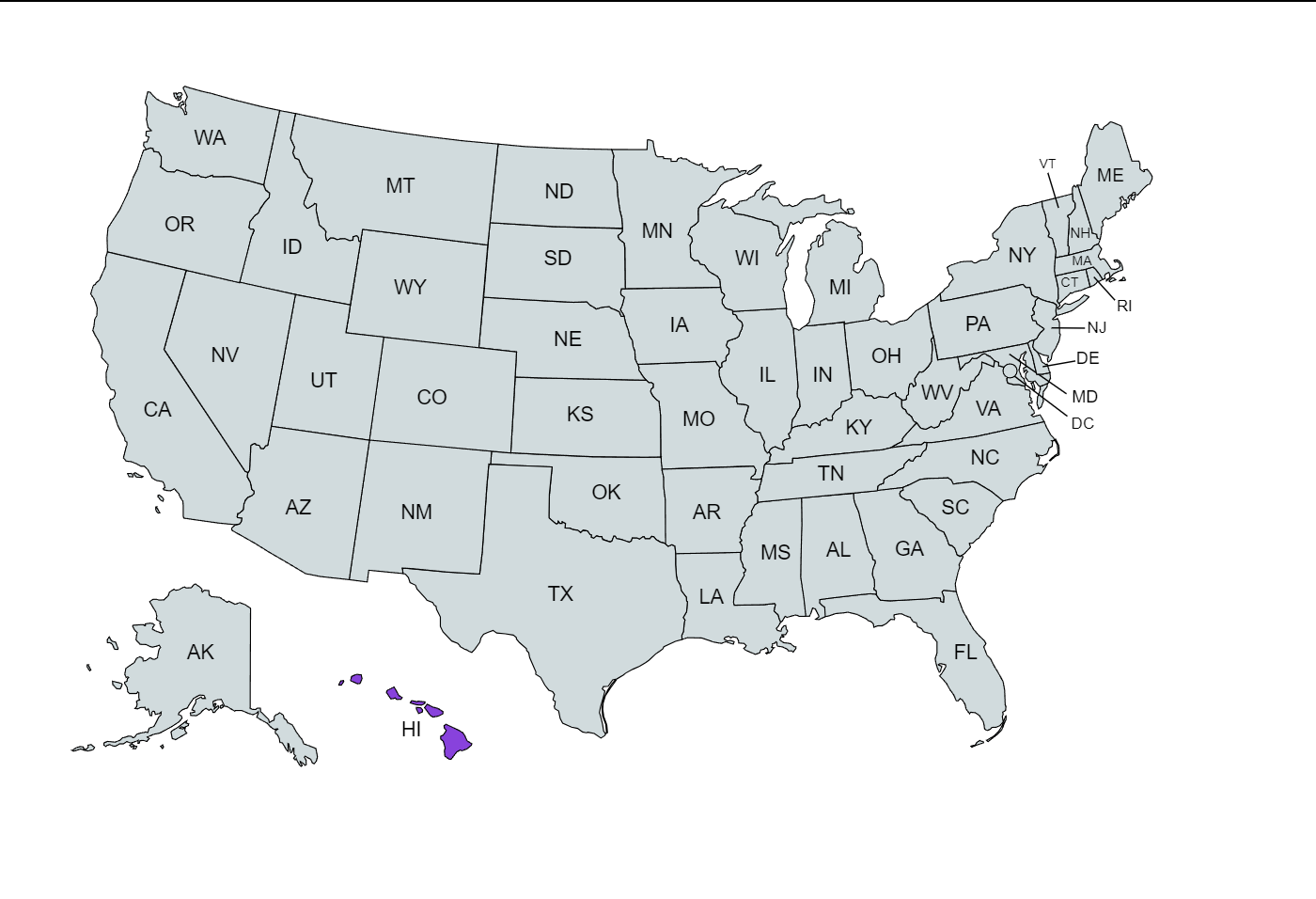Hawaii Paycheck Calculator: Calculate Your Net Pay
If you’re wondering, “How do I figure out how much money I take home in Hawaii?” we’ve got you covered.
Use our simple paycheck calculator to estimate your net or “take home” pay after taxes, as an hourly or salaried employee in Hawaii.
Paycheck Calculator
Meanwhile, get ahead with our free resources:
How Does the Paycheck Calculator Work?
Input your salary information, such as wage and pay frequency, and our tool will handle the tax calculations for you. Once you’ve filled in all the information, click the “Calculate Tax” button, and the calculator will provide an estimate of your net or “take home” pay for the specified pay period.
Overview of Hawaii Taxes
Hawaii boasts the nation's lowest property tax rate; however, this is counterbalanced by generally high home prices. Groceries are subject to the full tax rate and the highest income tax bracket reaches 11%. However, retirees may find some relief from state income taxes as certain retirement benefits receive exemptions.
When it comes to income tax, Hawaii offers exemptions for different retirement benefits such as Social Security, military and government pensions, private pensions and Tier 1 Railroad Retirement benefits. It's worth noting, though, that employee contributions to retirement plans like 401(k)s may be subject to taxation while employer contributions are not.

Hawaii's sales tax is set at a 4% state rate. While local areas can add up to an additional 0.5%, the average combined rate remains at 4.44%. It's worth noting that groceries are not exempt from taxation, but prescription drugs do enjoy a tax-exempt status.
Property taxes in the Aloha State have a unique structure. With an average effective property tax rate of only 0.29%, the state has one of the lowest rates in the country. However, due to higher home values, the median property tax payment exceeds $1,800. This reflects the generally elevated housing prices in Hawaii.
Unlike many other states, Hawaii does not impose a personal property tax on motor vehicles.
Median Household Income in Hawaii
Hawaii's economy is unique due to its diverse array of industries and strong connection to tourism. The pristine beaches and lush rainforests create a picturesque landscape that attracts millions of visitors each year, generating crucial revenue and employment opportunities.
The agricultural sector also plays a significant role, specializing in tropical fruits, coffee and macadamia nuts. Additionally, the state benefits from a substantial military presence.
However, Hawaii's isolated location poses distinct economic challenges such as high transportation costs and goods prices.
While salaries in Hawaii vary widely based on position, the median household income can give you a glimpse at the average salary a household is earning in this state.
Tips for Maximizing Your Paycheck
Here are some tips to help you maximize your paycheck:
- Familiarize yourself with Hawaii's state income tax rates and brackets
- Stay informed about any changes to Hawaii's tax laws that might affect your paycheck
- Take advantage of retirement benefits like 401(k) plans that offer tax advantages
- Find out which retirement benefits are tax-exempt in Hawaii
- Review your W-4 withholding form to ensure the appropriate amount of taxes is withheld from your paycheck
- Create a budget that aligns with your income and expense
- Minimize unnecessary expenses to make the most of your paycheck
